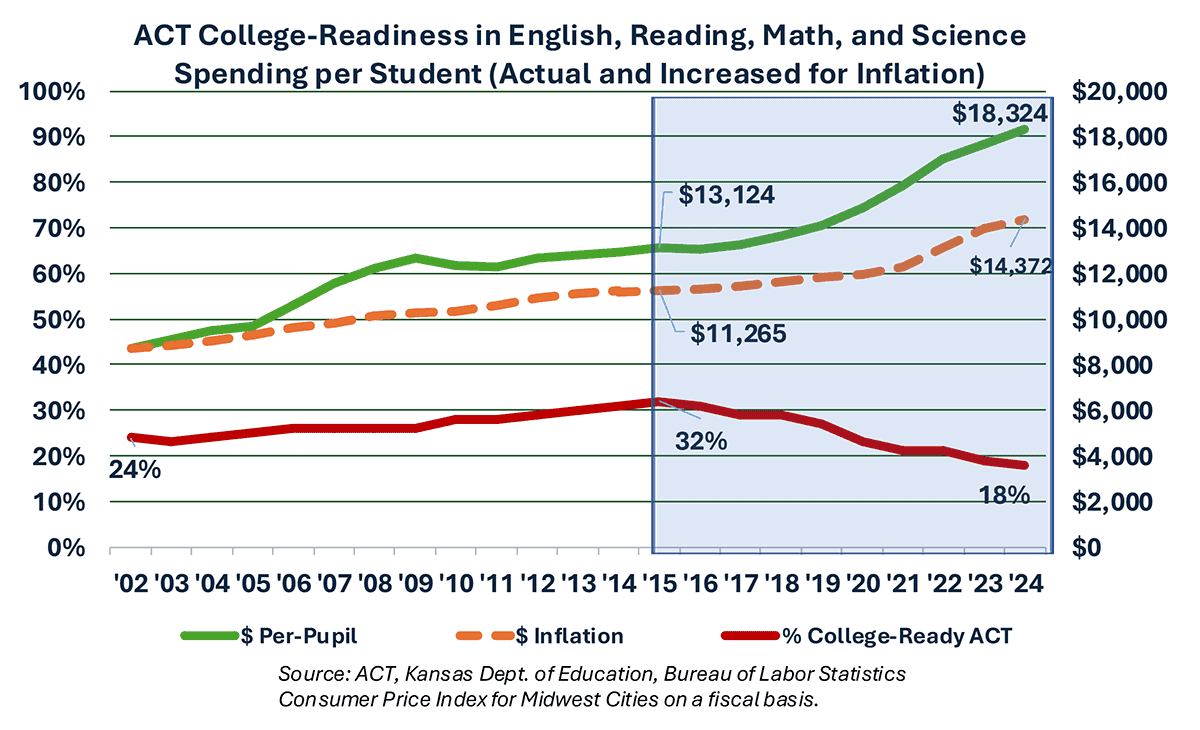(The Sentinel) – At the Feb. 11 State Board of Education meeting, Commissioner of Education Randy Watson told board members he is starting the process to eliminate the state assessment requirement for 10th-grade students.
He works for the board, not the other way around, but he didn’t ask for permission; he just told them he was doing it.
I wrote to him last week and copied State Board Chair Cathy Hopkins, asking for documentation of the State Board voting to dispense with the 10th-grade assessment if permitted by the U.S. Department of Education. After a few days of silence, he responded, “Certainly, before a waiver might be submitted, it would require State Board approval. This was never in question.”
Oh, but it absolutely was in question. Watson told board members, “I just want to let you know that we’re going to start that process.”
This is standard operating procedure for some district superintendents and Randy Watson. They disregard the fact that they serve at the pleasure of and take direction from elected board members. It’s especially ironic given that some superintendents make a big deal about the so-called chain of command if a parent or staff member approaches a board member about an issue without first following a laborious (by design) process. It seems the attitude is “chain of command for thee, but not for me.”
The state assessment is a state and federal legal requirement for grades 3-8 and one year of high school. It would be an enormous waste of time for the staff at KSDE and USDE to pursue a legal waiver only to have the board vote against it months later. Still, it’s common practice to string something along and eventually present it as a fait accompli, that voting to do something consequential is just a formality.
10th-grade state assessment serves an important purpose
Educators stress the importance of tracking a student’s progress from one year to the next to measure academic progress. The Kansas State Assessment was developed with extensive input from teachers, deciding where to place score cut-offs for each grade level to determine whether a student has limited, basic, effective, or excellent ability to understand and use material needed for post-secondary success.
Tracking a student’s score from one year to the next helps determine whether the student is falling behind or getting a full year’s worth (or more) of learning at each grade. Longitudinal studies of this nature are only valid on the same assessment test; one cannot determine whether a year’s worth of learning was gained by comparing state assessment scores to other tests, like the ACT.
The adjacent table tracks results for students in 3rd grade in 2017 through 10th grade in 2024. In both reading and math, proficiency levels steadily decline through elementary and middle school; they bottom out in the 8th grade and barely change two years later. Watson should be trying to rectify this horrible pattern, not making the 10th-grade scores go away.
Watson proposes having 10th-graders take a different test, like the ACT, ACT WorkKeys, or the Armed Services Vocational Aptitude Battery (ASVAB). He sayshigh school students don’t pay attention to the state assessment because they don’t think it means anything, leading to lower test scores, but they will do better on a test directly related to their post-secondary aspirations.
However, Watson’s rationale falls apart when you examine the ACT results for Kansas graduates, who should be seriously trying for a good score.

Only 18% of the 2024 Kansas graduates who took the ACT were college-ready in English, Reading, Math, and Science. In 2015, 32% were college-ready, and there has since been a steady decline.
It is painfully clear that the Kansas public education system is not academically preparing students to succeed after high school. Instead of wasting months trying to get a federal waiver for a different test, state school board members should reject Watson’s proposal and direct him to determine what needs to be done to significantly improve academic achievement.
Isn’t that the purpose of a public school system?

